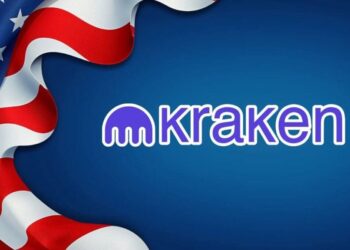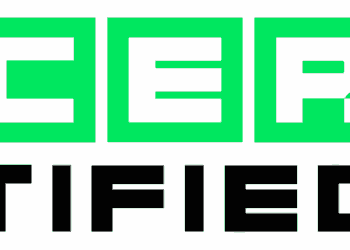DeFi platforms are currently valued at over $10 billion and several innovations have boosted this space by over 1000%. However, several loopholes seem to exist even with the exponential rise of these platforms.
Some of these shortcomings include poor user experience, smart contract vulnerabilities, insufficient cross-chain interoperability, a lack of consistent, regulated liquidity as well as assets that are locked and cannot be staked.
In a press release, CrossFi says, “As evidenced with Ethereum 2.0, more than 3.6 million Ether (ETH), or approximately $7 billion, has already been staked, with currently no option to unstake. Additionally, specific to Filecoin, miners must stake Filecoin (FIL) tokens to receive mining rewards, which are locked for a minimum of 180 days and are incentivized to continue locking for up to 540 days. This locking and staking will slow down the expansion of DeFi by reducing the amount of liquid capital.”
To address these issues, CrossFi argues that its protocol is “ more robust, scalable and sustainable” and focuses on “increased interoperability and heightened cross-chain liquidity for isolated assets.”
CrossFi aims to democratize DeFi by allowing anyone to create a synthetic asset on the Ethereum blockchain that is a derivative of their assets on any other infrastructure when those assets are staked and collateralized through the platform.
As a decentralized asset lending and liquidity sharing protocol, CrossFi supports traditional businesses seeking to connect to blockchain infrastructures. It also allows for a robust infrastructure that connects the liquidity of existing public chains in the DeFi sector such as Ethereum, Binance Smart Chain, Polkadot, and Flow, among others.
A core feature of the CrossFi platform is its Filecoin-centric solution where “stakers are rewarded by the amount of storage they provide – but they are limited to how much storage they can provide by how many FIL tokens they stake”.
By unifying DianCun (DCTech) from China and DataLine from South Korea to give a combined total effective mining storage power of more than 200 pebibytes (PiB), CrossFi “will enhance the value of its services by providing its miners with the ability to mint an equivalent value amount of ERC-20-compliant liquid cFIL with its locked FIL tokens.”





















